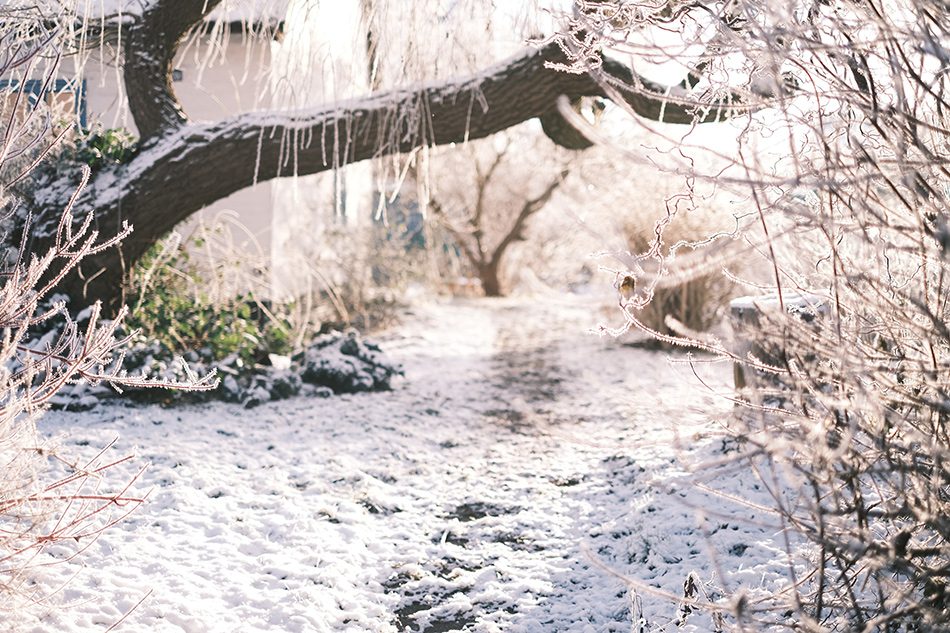By this time of year, most everyone has their minds on the upcoming holidays instead of their gardens, but your garden still requires your attention even in November and December. Below is a simple checklist that will ensure that you are doing all the right things at all the right times, and it is specific to USDA Hardiness Zones 4 through 6.
Perform Winter Garden Maintenance
While winter garden maintenance might be quite a bit simpler than growing season maintenance, it is every bit as important. Some tasks to consider include:
- Cutting the plants that are finished blooming or producing new foliage to about six inches and add any healthy cuttings to your compost pile.
- Covering your compost heap or pile with a tarp or straw about two inches thick before the next snowfall.
- Adding compost to your gardens and plant cover crops. This will provide soil enrichment and prevent erosion over the winter months.
- Dumping out pots and storing them indoors to prevent cracking.
Clean and Maintain Your Garden Tools
Winter is by far one of the best times to give your garden tools a thorough cleaning since you won’t be using many of them for at least a couple of months. You can clean debris off your metal tools with an abrasive pad or a grill brush, then wipe down their surfaces with a damp cloth. If you notice any rust on your tools, you can use sandpaper to try to remove it as gently as you can. To prevent rust, dip a paper towel or cloth in vegetable oil and wipe down the surfaces before you store them. If any of your garden tools have wooden handles, it is better to use an oil (such as Linseed oil) that is specifically designed to condition and seal wood.
Mulch
Mulch is just as important in the winter as it is throughout the rest of the year. It insulates the soil, which in turn protects your perennials’ root systems and helps microorganisms remain active all winter long. While some gardeners will tell you that snow is a great insulator – and it is – people in the Chicagoland area cannot rely on a constant snow cover. As such, mulching your gardens in the late fall months will help to regulate temperatures in the roots and the soil, keeping your plants much healthier as they lie dormant.
Compost
You can continue to compost all throughout the winter thanks to the heat generated by the natural breakdown of organic matter. Just make sure that your heap consists of 30 parts “brown” ingredients (carbon-makers) to one part of “green” elements (nitrogen-makers). This can be tricky in zones four through six, so if you can, reserve lawn clippings and leaves to add to your compost pile all throughout the winter. If you want to start a compost heap, it is best to start indoors during the cold months.
Aside from these tasks, the winter months are also useful for indoor growing and greenhouse growing, too. For the most part, make sure your garden checklist focuses on maintaining your garden, your tools, and your compost heap appropriately so that you can enjoy a brilliant display in the spring.


